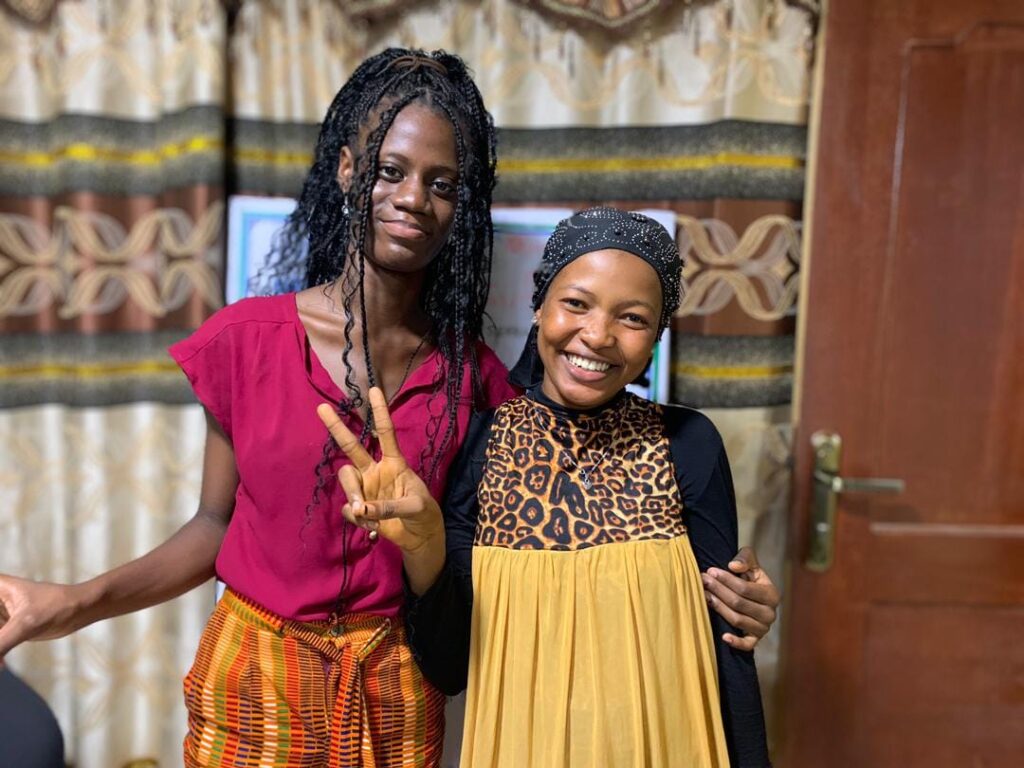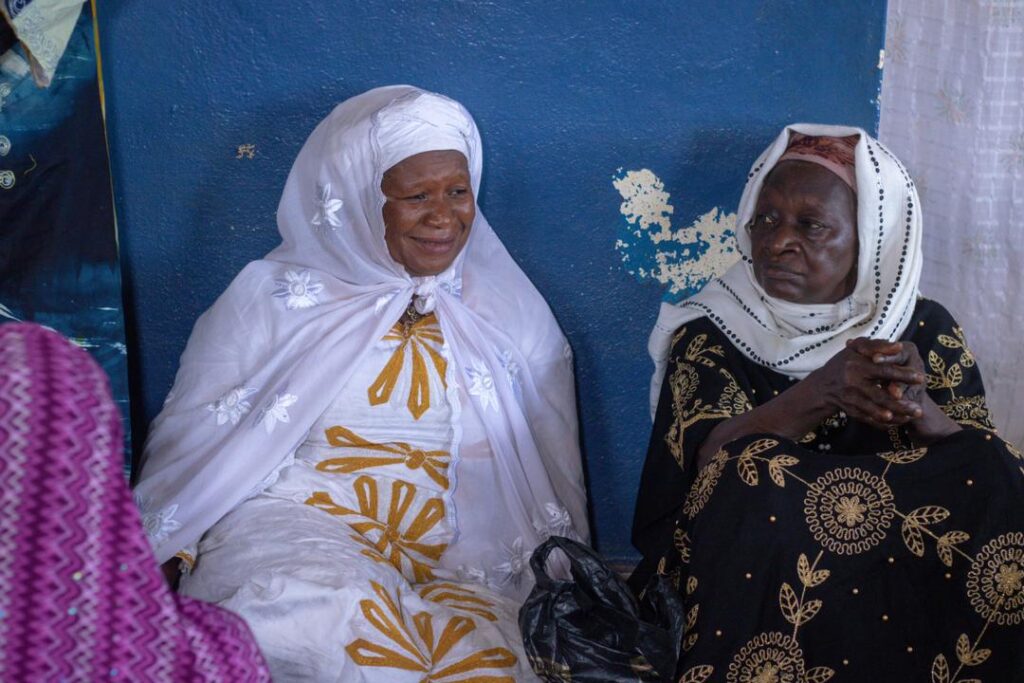We prevent and respond to violence against women and girls in homes, schools, and communities.
women and girls who have experienced one or more forms of sexual and gender-based violence
Women and girls connected to survivors. This includes female caregivers of child survivors, such as mothers and other female relatives.
Women and girls at higher risk of violence, including rural women, migrant women, women with disabilities, women living in poverty, elderly women, single mothers, and children


Rising Violence Against Women and Girls
Violence against women and girls in Sierra Leone has surpassed the capacity of existing preventive and responsive mechanisms. In 2023, the Sierra Leone police crime statistics recorded 30,491 cases of crime. Violence against women and girls ranked highest, at 10,063. Between 2022 and 2023, a total of 21,679 cases were reported, yet fewer than 8 percent (739 cases) were prosecuted (Sierra Leone Police Crime Statistics Report, 2024). The absence of a forensic lab for DNA testing further limits justice for survivors.
Additionally, 60.8% of women report experiencing intimate partner violence. Thousands more cases go unreported due to widespread culture of silence, stigma and social exclusion.
In schools, 42% of girls report harassment or assault, with 30% of reported rape cases linked to educational settings. Teachers are often the primary perpetrators, using coercion to demand sex from girls in exchange for grades, gifts, or money.
Harmful cultural practices, including as child marriage and female genital mutilation (FGM) remain major drivers of violence and early sexual initiation. Sierra Leone has the 19th highest child marriage rate globally.
Lack of justice and support services for survivors:
Less than 15% of survivors access justice through the courts. The judicial and healthcare systems, and social services remain inaccessible, particularly in rural areas, leaving many survivors without critical support.
Economic Hardship Among Survivors:
Survivors and caregivers of family violence lose essential household income and family support when seeking justice, deepening poverty and vulnerability. This economic hardship perpetuates the cycle of dependence, marginalization, and exposure to further violence.
Advocacy: We challenge harmful cultural and economic norms through campaigns, lobbying, and community outreach, amplifying the voices of survivors and their families
Services: We provide direct support to survivors, including mental health and psychosocial support, vocational training, livelihood support, information and referrals, and assistance in accessing justice
Evidence-based research: We use research and data to guide our strategies and responses to violence against women and girls.
Movement and community building: We support survivors and caregivers to form networks and peer groups that foster mutual support, solidarity and collective action.
Research: We collaborate with practitioners, survivors, and families to identify emerging research priorities that strengthen our advocacy efforts.
The organization currently runs three core programs
Share your time and talents with us. Teach a skill under the Allies in Development skills-plus program.
Are you looking for ways to support our mission?
We are inviting women and children’s rights enthusiasts to get in touch. It does not matter where you are located, we have multiple ways to engage.